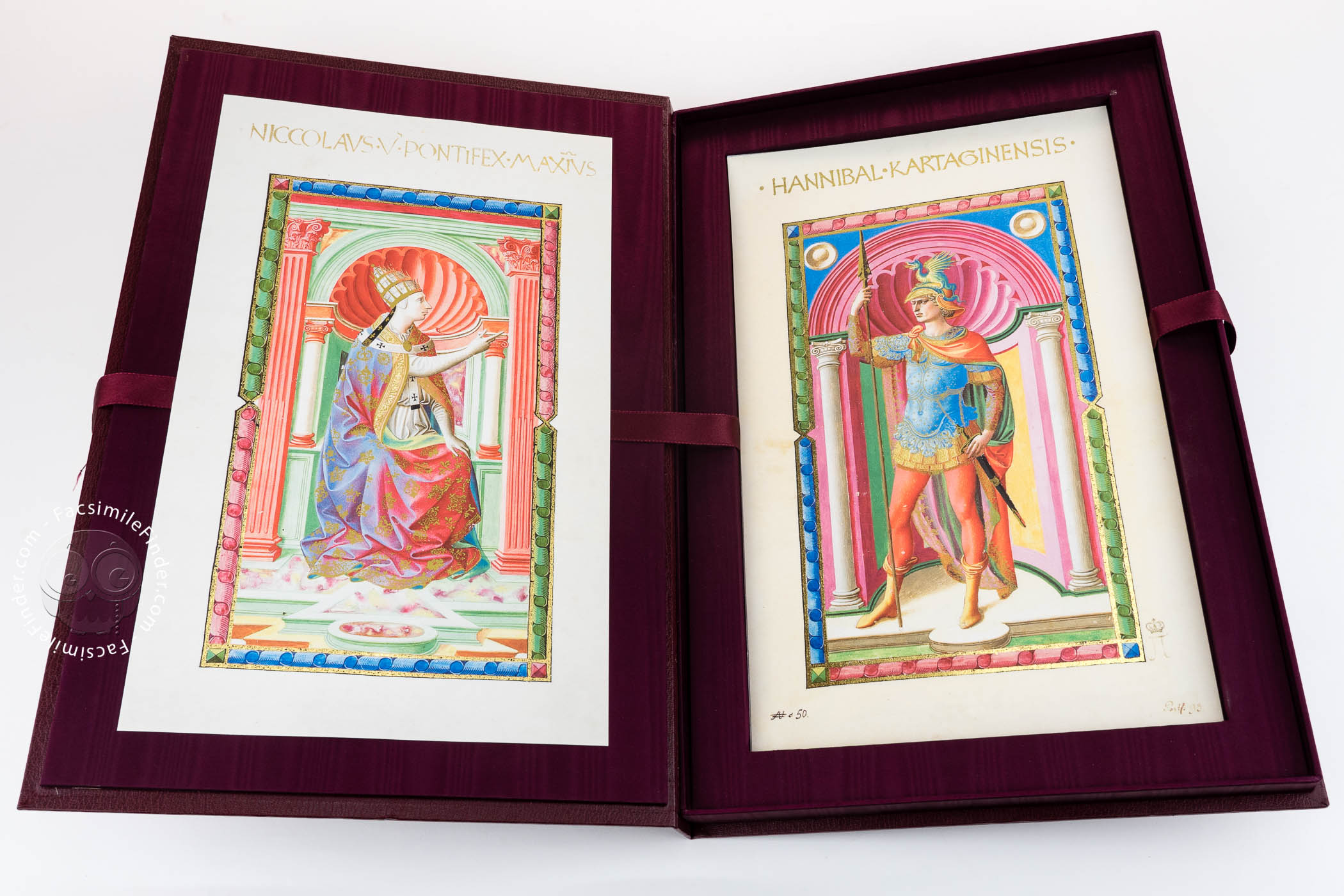

77 CE) after the end of his political career of thirty years, he dedicated his time to the composition of the Punica. Silius held the consulship in 68 CE and served as proconsul in Asia ( c. Silius’s biographer is the epistolographer Pliny the Younger, who reports the poet’s death in one of his letters ( Ep. Tiberius Catius Asconius Silius Italicus was a prominent Roman statesman, born around 26 CE. A Renaissance of scholarly interest in Silius’s poem has been attested since the last decade of the 20th century with several published and forthcoming studies shedding light on different aspects of the complex historical poem. He composed his poem during the period of the Flavian emperors, in particular, during the rule of Domitian. Silius Italicus is one of the three Flavian epicists (the other two are Valerius Flaccus and Statius). The narrative includes the siege of Saguntum by the Carthaginians and the sack of the city Hannibal’s crossing of the Alps the destructive battles at the Ticinus, the Trebia, Lake Trasimene, and Cannae Scipio’s trip to the Underworld and Hannibal’s final defeat at Zama by Scipio Africanus. Schroer Temples of Song in Silius Italicus Alison Keith Romuleos superabit voce nepotes: Remembering Romulus in Silius Italicus Claire Stocks Hannibal Redivivus: Fear and Haunting Memory in Silius Italicus Angeliki N.Tiberius Catius Asconius Silius Italicus, simply known as Silius Italicus, is the author of the longest extant poem in Latin literature, in seventeen books, titled the Punica (= Punic Wars), in which he recounts in verse the Second Punic War (218–201 BCE).
#SILIUS POSTICO DE IMA HOW TO#
Bernstein Part 3 Historical Challenges to ‘National’ Epic Silius Italicus as an Interpreter of Virgil: Dido and Anna Sergio Casali Pompey and Aemilius Paulus, or the Epic Genre between Lucan and Silius Italicus Nicola Lanzarone From the Rubicon to the Alps: Re-reading Eumolpus’ Caesar in Light of Silius Italicus’ Hannibal Stefano Poletti Part 4 Viewing Roman History (and Literature) from the Inside Scaevola’s aristeia: A Complementary Reworking of a Historical Source and the Epic Tradition Filippo Fabbri Exul in orbe toto, or, How to Map Future Power in Silius Italicus Clayton A. Roumpou, Clayton Schroer, Claire Stocks.Ībbreviations Notes on Contributors Introduction: Silius Italicus and the Tradition of the Roman Historical Epos Antony Augoustakis and Marco Fucecchi Part 1 The Historical Epic Tradition Silius Italicus and the Conventions of Historical Epic at Rome Gesine Manuwald Silius Italicus between Epos and Historiography Paolo Esposito Part 2 Rethinking Roman ‘Mythical History’ Silius Ciceronianus: Regulus as a Reflection of Cicero in Punica 6 Thomas Baier Silius Italicus and Ovid’s Roman History Raymond Marks Claudian’s Silius Neil W. Bernstein, Sergio Casali, Paolo Esposito, Filippo Fabbri, Alison Keith, Nicola Lanzarone, Gesine Manuwald, Raymond Marks, Stefano Poletti, Angeliki N.

He is the author of some monographs on Flavian epic poems (Valerius Flaccus’ Argonautica and Silius’ Punica) as well as many articles on various topics in Latin literature.Ĭontributors are Thomas Baier, Neil W. His research interests include Latin literature from the Augustan age to the Ist century CE, with particular regard to epic poetry. Marco Fucecchi is Associate professor of Latin language and literature at the University of Udine (Italy).

He is the author of many monographs and edited volumes on various topics in classical literature. His research interests include Latin imperial epic, Roman comedy and historiography, women in antiquity, classical reception, and gender theory. Antony Augoustakis is Professor of Classics at the University of Illinois at Urbana-Champaign in Urbana, Illinois, US.


 0 kommentar(er)
0 kommentar(er)
